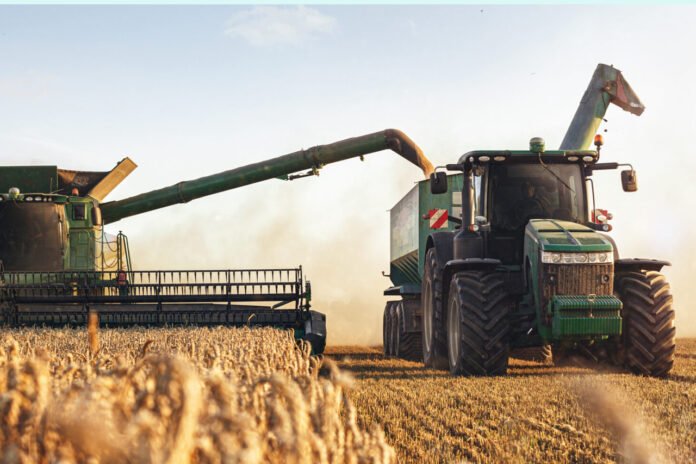Introduction
The food industry is constantly evolving, driven by the need for sustainable agriculture and food practices. As our understanding of the impact of food production on the environment increases, so does the demand for innovative solutions that promote sustainability. In this blog post, we’ll explore some of the key trends in sustainable agriculture and food that are shaping the future of the food industry.
Trend 1: Vertical Farming
Vertical farming is a revolutionary approach to agriculture that involves growing crops in vertically stacked layers, often in urban environments. This innovative technique offers many advantages, including increased crop yields, reduced water use, and minimal reliance on pesticides. By using vertical space, farmers can produce more food in a smaller footprint, making it a sustainable solution for urban areas with limited land availability. Additionally, vertical farming reduces the need to transport produce over long distances, thereby reducing carbon emissions.
Trend 2: Farm-to-Table Movement
The farm-to-table movement has gained significant traction in recent years, as consumers have become more conscious of where their food comes from. This trend emphasizes the importance of sourcing ingredients locally, supporting small-scale farmers, and reducing the carbon footprint associated with long supply chains. Restaurants and food establishments that embrace the farm-to-table philosophy prioritize seasonal and locally sourced ingredients, ensuring freshness and promoting sustainable farming practices. This movement not only benefits the environment but also contributes to the local economy and fosters a stronger connection between consumers and their food.
Trend 3: Plant-Based and Alternative Proteins
The addition of plant-based and alternative proteins is another notable trend in sustainable food. As concerns grow about the environmental impact of meat production, many consumers are choosing plant-based alternatives. These modern sources of protein, such as soy, pea, and mycoprotein, offer a more sustainable and ethical option than traditional animal-based proteins. Additionally, advances in food technology have led to the creation of laboratory-produced meat, which has the potential to significantly reduce the environmental impact of meat production. By diversifying protein sources and reducing reliance on animal agriculture, the food industry is taking steps toward a more sustainable future.
Trend 4: Waste Reduction and Upcycling
Eliminating food waste is an important aspect of sustainable agriculture and food. The food industry is increasingly focusing on waste reduction and upcycling to minimize the environmental impact of food production and consumption. Upcycling involves turning food by-products or excess ingredients into new products with added value. For example, using fruit peels to make natural food colors or turning spent grain from beer production into nutritious animal feed. By finding creative ways to reuse food waste, industry can reduce landfill waste and contribute to a more circular economy.
Trend 5: Technology and Data-Driven Solutions
Technology plays an important role in driving innovation in the food industry. From precision farming techniques to data-driven supply chain management, technology enables more efficient and sustainable practices. For example, sensors and automation systems can optimize resource use, monitor crop health, and reduce waste. Data analytics provide valuable insights into consumer preferences, enabling businesses to make informed decisions about sourcing, production and distribution. By harnessing the power of technology, the food industry can increase sustainability and make more environmentally conscious choices.
Conclusion
The food industry is undergoing a transformation with the need for sustainable agriculture and food practices. From vertical farming and the farm-to-table movement to plant-based protein and waste reduction initiatives, innovative trends are shaping the future of the industry. By embracing these trends, businesses can contribute to a more sustainable food system that benefits both the environment and consumers. As consumers become increasingly aware of the impact of their food choices, the demand for sustainable and ethically produced food will continue to grow, making it necessary for the industry to adapt and innovate.




